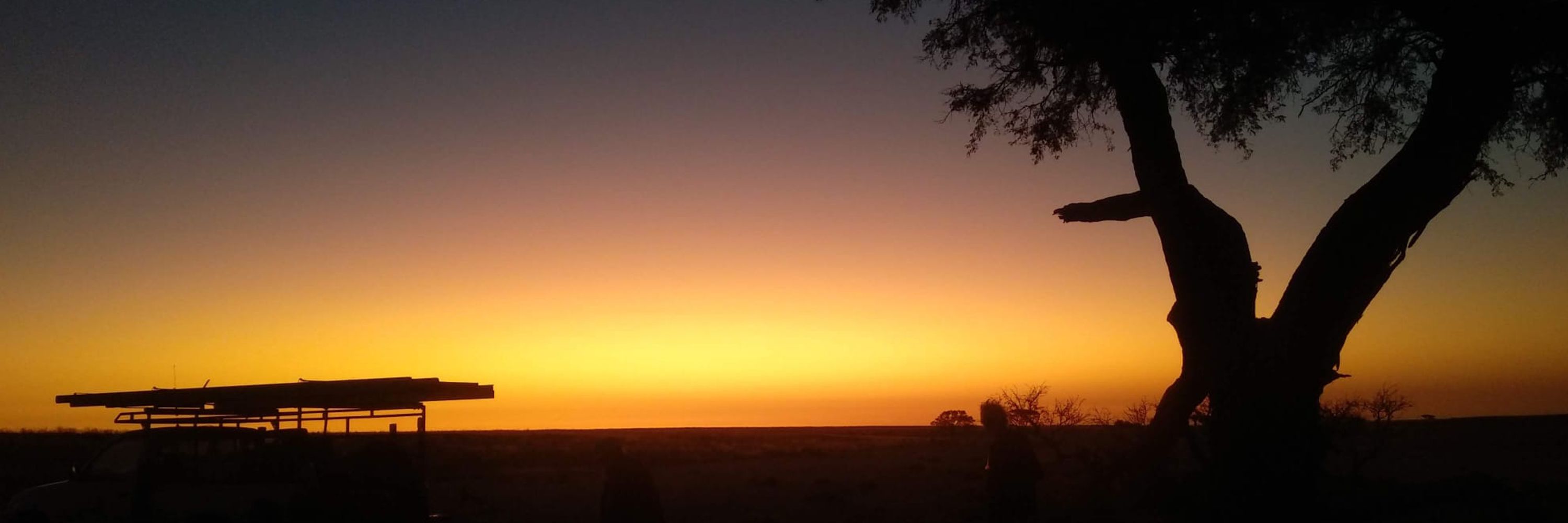
Conservation science | applied ecology | evidence-based conservation | #humans & #vultures
onlinelibrary.wiley.com/doi/10.1111/...
@emmamarjakangas.bsky.social @andreasantangeli.bsky.social @ebcc.info

onlinelibrary.wiley.com/doi/10.1111/...
@emmamarjakangas.bsky.social @andreasantangeli.bsky.social @ebcc.info
The Global Canopy Atlas: analysis-ready maps of 3D structure for the world's woody ecosystems
📜: doi.org/10.1101/2025...
Huge team effort led by the brilliant Fabian Fischer!

The Global Canopy Atlas: analysis-ready maps of 3D structure for the world's woody ecosystems
📜: doi.org/10.1101/2025...
Huge team effort led by the brilliant Fabian Fischer!
www.helsinki.fi/en/news/envi...
@aksulehikoinen.bsky.social @irinaherzon.bsky.social @johanekroos.bsky.social @andreasantangeli.bsky.social et al.

www.helsinki.fi/en/news/envi...
@aksulehikoinen.bsky.social @irinaherzon.bsky.social @johanekroos.bsky.social @andreasantangeli.bsky.social et al.




The study adds to a growing body of research on biodiversity perception & its connections to human mental health & well-being.

The study adds to a growing body of research on biodiversity perception & its connections to human mental health & well-being.
This ant can lay eggs of two different species, birthed by the same mother
This ant can lay eggs of two different species, birthed by the same mother
We studied drivers of birdwatching tourism globally using @teamebird.bsky.social data, bird distributions, and socioeconomic data. Published in @peopleandnature.bsky.social with @mhcneateclegg.bsky.social, @rswamper.bsky.social. besjournals.onlinelibrary.wiley.com/doi/10.1002/...

Coexistence with large carnivores is a conservation challenge. Revisiting Volterra principle (more mortality on both prey and predators leads to more prey & fewer predators) can inform modern conservation strategies.
Boyce et al. in Cons. Biol. doi.org/10.1111/cobi...

Coexistence with large carnivores is a conservation challenge. Revisiting Volterra principle (more mortality on both prey and predators leads to more prey & fewer predators) can inform modern conservation strategies.
Boyce et al. in Cons. Biol. doi.org/10.1111/cobi...
#conservation #science

#conservation #science




Now has a paper in JOSS — please cite 📄 doi.org/10.21105/jos...
Experimental parallel processing ⚡
New assemble() for building plots 🎨
Better support for complex families + new diagnostics 🧪
Lots of bug fixes + polish ✨
👉 gavinsimpson.github.io/gratia/
#Rstats
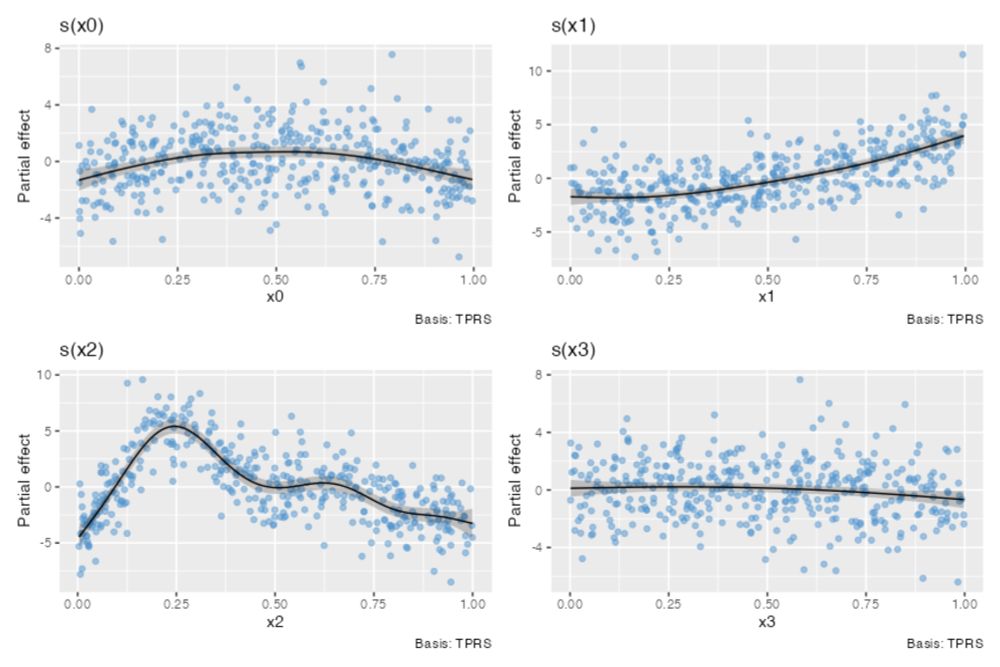
Now has a paper in JOSS — please cite 📄 doi.org/10.21105/jos...
Experimental parallel processing ⚡
New assemble() for building plots 🎨
Better support for complex families + new diagnostics 🧪
Lots of bug fixes + polish ✨
👉 gavinsimpson.github.io/gratia/
#Rstats

nsojournals.onlinelibrary.wiley.com/doi/full/10....
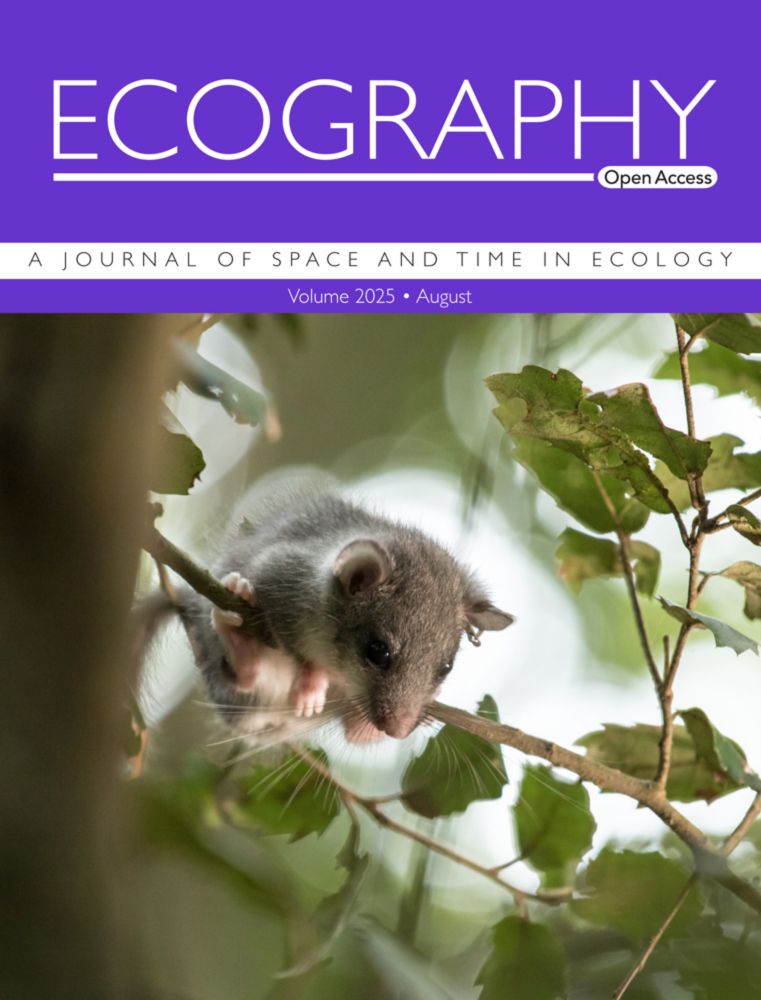
nsojournals.onlinelibrary.wiley.com/doi/full/10....


www.pnas.org/doi/10.1073/...

www.pnas.org/doi/10.1073/...
We found that formerly common species have declined the fastest, on average.
📄 North American bird declines are driven by reductions in common species | Science Advances www.science.org/doi/10.1126/...
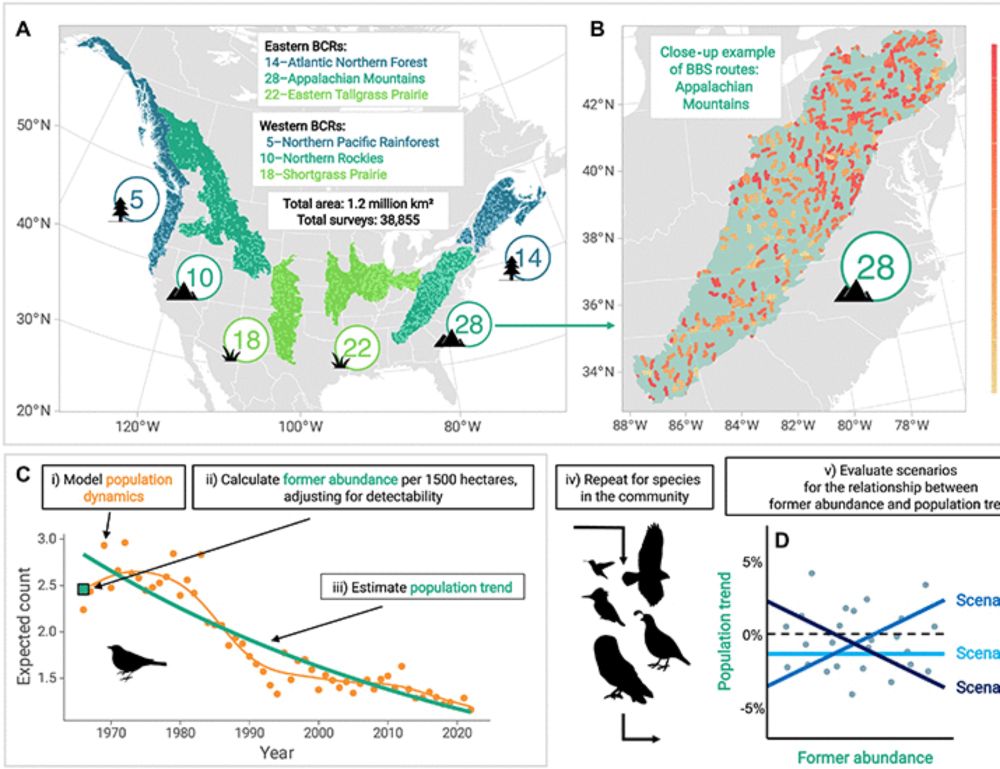
We found that formerly common species have declined the fastest, on average.
📄 North American bird declines are driven by reductions in common species | Science Advances www.science.org/doi/10.1126/...
Do you have camera trap data focused on med/large carcasses from S & C America?
Get in touch & join our #SCAVENGIST project to uncover scavenger roles in carcass consumption & implic. for pathogen transmission under global change. DM me


Do you have camera trap data focused on med/large carcasses from S & C America?
Get in touch & join our #SCAVENGIST project to uncover scavenger roles in carcass consumption & implic. for pathogen transmission under global change. DM me
The absence of vultures led to a doubling of fly populations at carcass sites, which could affect human health, since these flies can carry diseases like botulism and anthrax.
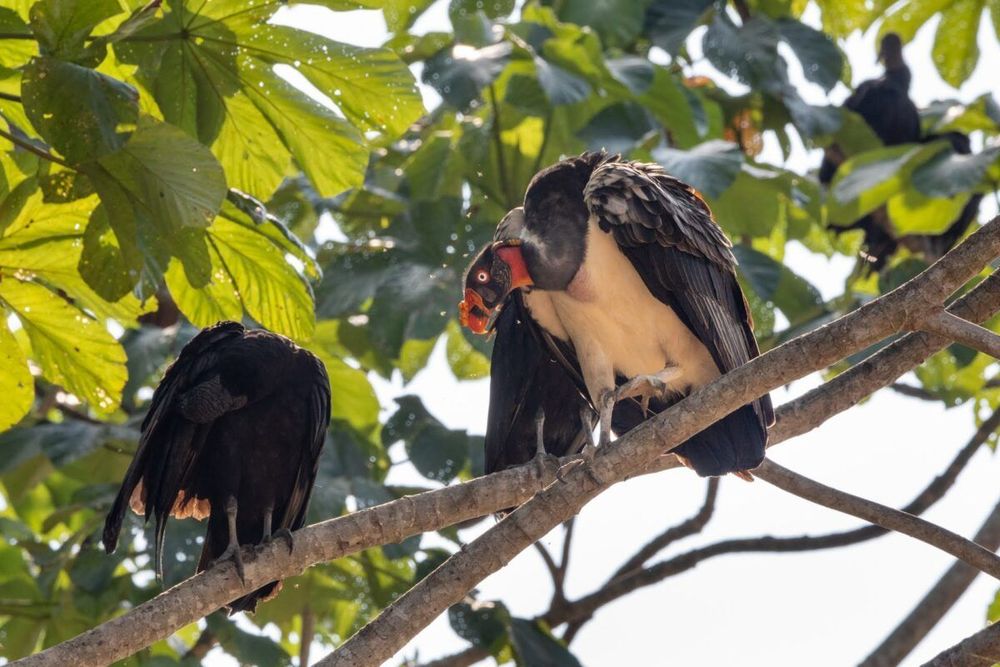
The absence of vultures led to a doubling of fly populations at carcass sites, which could affect human health, since these flies can carry diseases like botulism and anthrax.


